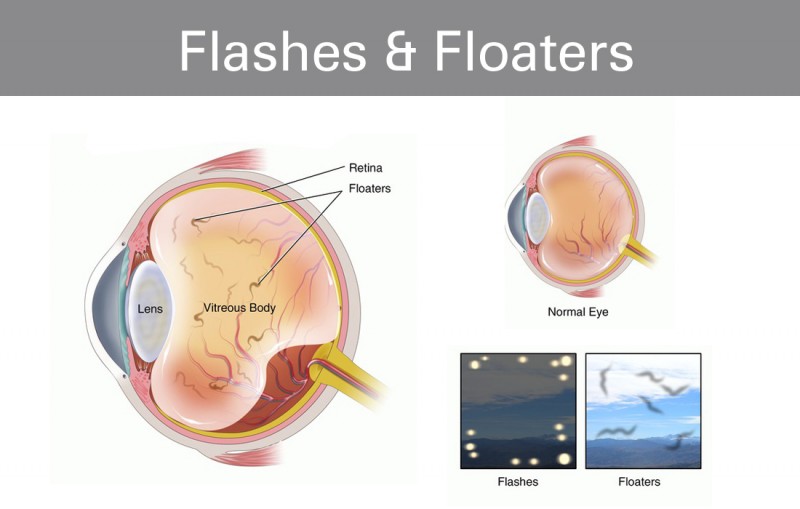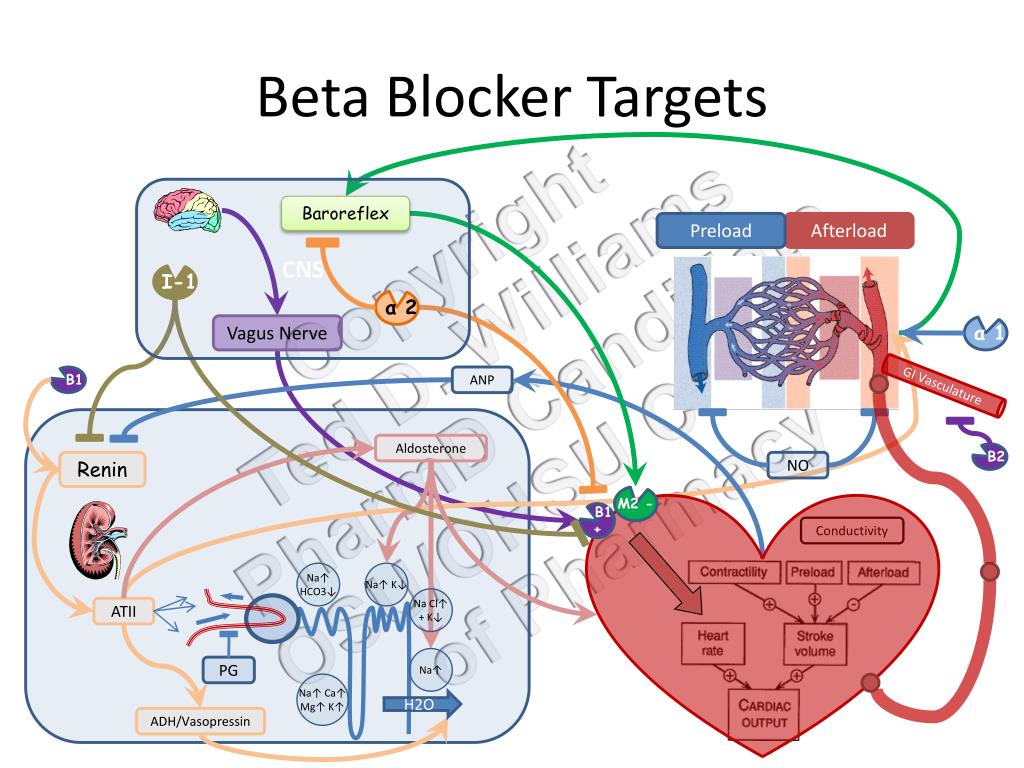Post-Meal Fatigue or Acid Reflux - Is Lying Down After Eating Triggering Your Heartburn?

We've all been there – that blissful food coma hitting after a satisfying meal, tempting us to curl up for a quick nap. While it's normal to feel a slight dip in energy post-meal, frequently experiencing heartburn after eating and lying down could signal a connection between your eating habits and acid reflux.
Understanding the Link Between Eating, Lying Down, and Acid Reflux
Acid reflux, also known as heartburn, occurs when stomach acid flows back up into the esophagus, the tube connecting your mouth to your stomach. This backflow irritates the esophagus lining, causing that uncomfortable burning sensation in your chest or throat.
Lying down too soon after eating can exacerbate this issue. Here's why:
* **Gravity's Role:** When you're upright, gravity helps keep food and stomach acid down. Lying down, especially flat, makes it easier for these substances to move back up, increasing the likelihood of reflux. * **Delayed Stomach Emptying:** Eating a large meal or high-fat foods can delay stomach emptying. If you lie down with a full stomach, the prolonged presence of food can put pressure on the lower esophageal sphincter (LES), the valve that normally prevents acid reflux. * **Sleep Position:** Sleeping on your right side can worsen reflux as it relaxes the LES, while sleeping on your left side can help keep the LES closed.
Recent Research and Insights
While the connection between lying down after eating and acid reflux is well-established, recent studies delve deeper into contributing factors:
* **A 2023 study in the Journal of Clinical Gastroenterology** found that individuals who ate within three hours of bedtime and then lay down were significantly more likely to experience nighttime heartburn compared to those who had an earlier dinner. * **Research published in the American Journal of Gastroenterology in 2022** highlighted the role of specific foods in triggering post-meal reflux when lying down. These include: * Fatty and fried foods * Chocolate * Coffee and other caffeinated beverages * Citrus fruits and juices * Spicy foods * **Emerging research** is focusing on the gut microbiome's influence on acid reflux. Studies suggest that an imbalance in gut bacteria could contribute to both digestive issues and an increased likelihood of experiencing reflux when lying down.
Minimizing Your Risk: Practical Tips for Relief
Combatting post-meal heartburn doesn't mean giving up your favorite foods or after-dinner relaxation. Here are some strategies to minimize your risk:
* **Timing is Key:** Aim to finish your last meal at least 2-3 hours before bedtime. This gives your stomach ample time to digest before lying down. * **Mindful Eating:** Eat smaller, more frequent meals throughout the day rather than large meals. Chew your food thoroughly and eat slowly to aid digestion. * **Smart Food Choices:** Be mindful of trigger foods. While everyone's triggers are different, consider limiting common culprits like fatty, spicy, and acidic foods, especially in the evening. * **Elevate Your Head:** If you must lie down, use pillows to elevate your upper body. This helps gravity work in your favor and keeps stomach acid down. * **Stay Active, Gently:** Instead of immediately lying down, engage in light activity like a short walk after meals. This can aid digestion and prevent reflux. * **Clothing Matters:** Avoid tight-fitting clothing, especially around the abdomen, as it can put pressure on your stomach.
When to Seek Medical Advice
Occasional heartburn is common, but persistent or severe symptoms warrant medical attention. Consult your doctor if you experience:
* Frequent heartburn (more than twice a week) * Severe chest pain * Difficulty swallowing * Unexplained weight loss * Persistent nausea or vomiting
Concluding Thoughts on Food, Sleep, and Your Stomach
While the temptation to lie down after a delicious meal is understandable, understanding the link between your eating habits and acid reflux is crucial for a comfortable night's sleep and overall well-being. By making simple adjustments to your eating schedule, food choices, and sleep position, you can significantly reduce your chances of experiencing heartburn and enjoy both satisfying meals and restful nights.















Comments ()